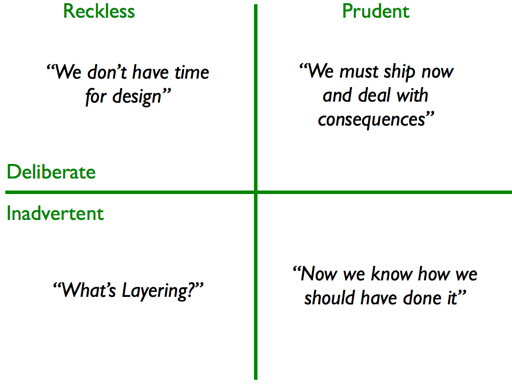I was on a 12 month contract (I live in a country where this is not usual for new developers) until a couple weeks ago when management at my company gave me an offer and raise to become a permanent employee for them. I like to keep my resume always up to date (especially given COVID) so I Googled around about listing it on my resume.
The advice I found was that I generally should list what achievement it was that prompted the hire. Fair enough.
The problem is, the achievement was always delivering on tight client deadlines and frankly, I did it by deciding that the engineering could be less than stellar in targeted cases (which management agreed to).
I'm a relatively junior dev on a team of 6 developers. However, I have rapidly become one of the devs management trusts the most to deliver stuff when I say that I will deliver it and keep them informed of the relative trade-offs in getting there. In my admittedly short time here, I have always been able to ship something when I have said that I can ship it.
I have had a few cases like this, but this is the one I did just before I was offered the permanent job. One of our products is a batch API which is called once a day by a single client. It does not need to return anything except for a CSV of failed entries via email. They wanted a new feature added and the salesperson had contractually agreed to have it for them by the end of the month. For various reasons, that feature request didn't make it down to us until Monday of the final week of the month.
Senior developer told the manager that development couldn't be done properly and to tell the client that it couldn't be done. I don't contradict the senior devs in sprint planning meetings, but maybe it was obvious that I disagreed with senior guy. Like, not disagreed, but an option existed with certain trade offs. The other devs are also fairly passive, so nobody else contradicted him either. Manager was not happy about this as the client is already angry with us for not delivering when we promise to do so. Manager then summoned me to his office after the meeting to ask whether I saw an alternative. I told him that I could get something to work, but it would probably double the processing time of the API (which would add 4 minutes) since I have no speciality SQL skills. Manager agreed and apparently the client didn't even notice.
I am not sure what the consequences of missing the deadline would have been, but they were steep enough that the CEO of our 1000 person company sent a thank you email to me for delivering it.
Another case did not attract as much attention, but there was a process we needed to run on a database. The correct way to do it would have been to write a proper batch process in the mega Java system we use, send it through all the regular QA processes, and let it pop out the end two weeks later. I offered the manager a Python script which would need to be run manually and would be horrendously inefficient (had to run it overnight), but if triggered once a month, would keep the problem at bay until a permanent fix arrived. This was a production issue, so he agreed to that as a stopgap measure. This was basically just a cheap for loop that checked rows for a certain type of erroneous data and re-formatted it.
Is there a way to list these types of things on my resume that doesn't make me look like a hack programmer who undermines senior devs? I admit that my solutions are technically not sound, but they were sound for the business needs at the time and the inefficiency trade off was largely irrelevant in most cases.

